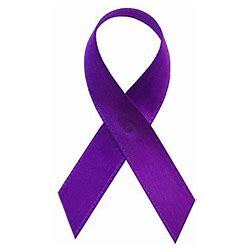Cancer Diary: Where to Find Clinical Trials -- and When They're Not an Option

When you’re facing cancer, especially a tough diagnosis or recurrence, one of the first questions you or your loved ones might ask is: Are there any clinical trials available? Clinical trials can offer access to cutting-edge treatments, experimental therapies, or more personalized care approaches — sometimes when standard treatments have been exhausted. But clinical trials aren’t always an option for every patient. And one of the most heartbreaking examples of this is cancer of unknown primary. Where to Look for Clinical Trials If you’re considering a clinical trial, there are several reputable ways to begin your search: ClinicalTrials.gov : This is the largest and most comprehensive database of clinical trials in the U.S. and many other countries. You can search by cancer type, location, phase of trial, and eligibility criteria. National Cancer Institute (NCI) : The NCI runs its own trials and also supports trials at major cancer centers across the country. Visit cancer.go...




